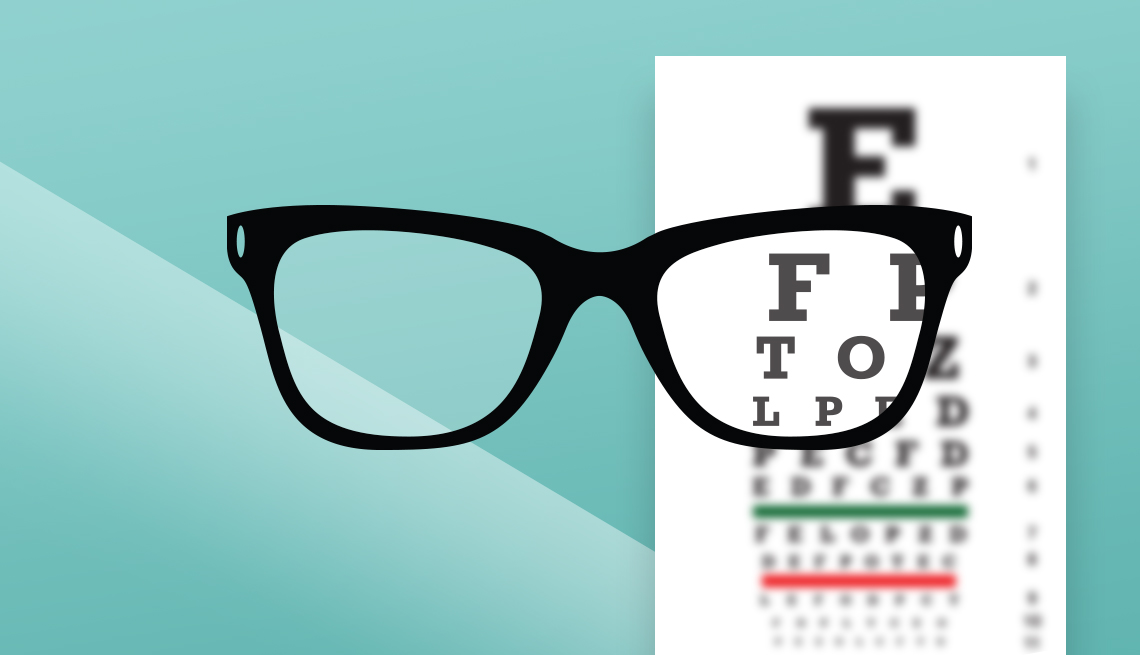Neurologist in Andalusia: Advanced Brain Health Solutions at Our Center
Neurologist in Andalusia: Advanced Brain Health Solutions at Our Center
Blog Article
Is Refractive Surgical Treatment Right for You? Factors to Consider for Better Eyecare
In the world of eye treatment, the choice to go through refractive surgery is a substantial one that demands thoughtful factor to consider. As individuals look for clearness and flexibility from the restrictions of rehabilitative lenses, countless variables come into play when identifying the suitability of such a procedure. From the intricacies of one's ocular health and wellness to the ins and outs of day-to-day routines and personal expectations, each aspect holds relevance in the broader landscape of refractive surgical procedure candidateship. By reviewing these essential components with care and accuracy, a more clear path towards educated decision-making emerges.
Eye Health Examination
When considering refractive surgical treatment, a comprehensive eye health assessment is essential to evaluate the suitability of the procedure for every person. andalusia pediatrics. This analysis includes a collection of evaluations and tests conducted by an eye care professional to establish the general wellness of the eyes, the presence of any type of underlying conditions, and the stability of the refractive mistake
Throughout the analysis, different factors are considered, such as the patient's case history, present eye prescription, corneal thickness, pupil size, and tear movie top quality. These evaluations assist to identify any contraindications to refractive surgical procedure, such as corneal abnormalities, cataracts, or neglected eye infections. Additionally, the assessment assists to handle individual assumptions relating to the potential end results of the surgery based upon their special eye features.
Eventually, the eye health evaluation is important in making sure the security and effectiveness of refractive surgery, as it offers valuable understandings right into the individual's eye health condition and aids identify the most suitable therapy choices for accomplishing ideal aesthetic end results. (neurologist andalusia)
Way Of Living Evaluation
A detailed way of life assessment is integral in determining the suitability of refractive surgery for an individual's visual improvement needs. Lifestyle factors such as line of work, hobbies, and day-to-day activities play a crucial function in the decision-making process relating to refractive surgical procedure. For example, individuals with careers that include a high degree of exercise or exposure to environmental elements may have different aesthetic requirements contrasted to those with inactive desk jobs. Comprehending just how an individual's way of life may affect their vision post-surgery is vital for taking care of expectations and making sure ideal outcomes.
Additionally, lifestyle practices such as sporting activities involvement, outside tasks, or also skincare regimens can influence the recovery process and total success of refractive surgical procedure. Individuals that involve in contact sports may need to take added preventative measures to secure their eyes throughout the recuperation duration. Furthermore, individuals with comprehensive sun direct exposure might call for additional post-operative treatment to avoid complications. By performing an extensive lifestyle analysis, eye care specialists can customize their recommendations and therapy plans to fulfill the one-of-a-kind requirements of each individual, eventually leading to enhanced visual end results and fulfillment.
Assumption Alignment

Clients need to understand that while numerous individuals achieve 20/20 vision or much better complying with refractive surgical procedure, some may still need glasses for certain activities like analysis or driving at night. Handling these assumptions assists prevent disappointment and discontentment post-surgery, leading to a much more positive general experience for the patient.
Risk Evaluation

Variables that may enhance the risk of issues include age, particular clinical conditions like autoimmune illness, unstable vision prescription, slim corneas, and impractical person assumptions. In addition, picking a skilled and seasoned specialist, adhering to pre and post-operative treatment directions diligently, and divulging any kind of appropriate case history can help alleviate risks.
To decrease the chance of problems, ophthalmologists carry out extensive pre-operative examinations to identify any type of contraindications to surgery. They additionally review the possible threats and benefits with clients throughout the assessment process. By participating in open interaction and shared decision-making, both the eye doctor and the client can interact to establish if refractive surgical treatment is the ideal option based upon private danger accounts and preferred outcomes.
Examination Value
Considering the crucial duty of informed decision-making in evaluating threats and potential complications in refractive surgery, the assessment procedure holds substantial importance in leading individuals towards optimal results. Throughout the appointment, the ophthalmologist evaluates the client's eye wellness, refractive errors, and total viability for surgical procedure. This preliminary assessment is critical in establishing the most suitable procedure for each and every individual, taking into consideration variables such as corneal thickness, pupil dimension, and existing eye problems.
In addition, the assessment works as browse around here an opportunity for patients to discuss their expectations, concerns, and any questions they may have pertaining to the surgery. Clear communication between the specialist and the client is vital to make sure reasonable expectations and a complete understanding of the possible threats and benefits included.
Additionally, the examination allows the surgeon to clarify the different medical options offered, their corresponding end results, and the post-operative care called for. This extensive discussion equips patients to make educated choices concerning their eye care, leading to much better fulfillment and outcomes post-surgery.
Conclusion
In conclusion, people taking into consideration refractive surgical treatment ought to undergo a detailed eye health and wellness assessment, analyze their way of life practices, straighten their expectations with prospective results, assess the affiliated threats, and prioritize examinations with eye treatment experts. These aspects play a crucial function in establishing the viability of refractive surgical procedure for each and every individual, ensuring optimum outcomes and complete satisfaction with the procedure.
Patients thinking about refractive surgery frequently have high expectations concerning the outcomes, expecting best vision without the need for glasses or call lenses. While refractive surgical procedure can considerably enhance vision and reduce dependency on visual help, it is essential for patients to comprehend that outcomes might differ based on individual variables such as the degree of refractive mistake, corneal thickness, and overall eye health and wellness.
By involving in open communication and shared decision-making, both the ophthalmologist and the patient can work together to identify if refractive surgical procedure is the best selection based on private threat profiles and wanted outcomes.
Considering the crucial duty of educated decision-making in analyzing dangers and prospective complications in refractive surgical procedure, the consultation procedure holds considerable value in assisting people towards optimal end results. Throughout the assessment, the ophthalmologist evaluates the patient's eye wellness, refractive mistakes, and general suitability for surgical treatment.
Report this page